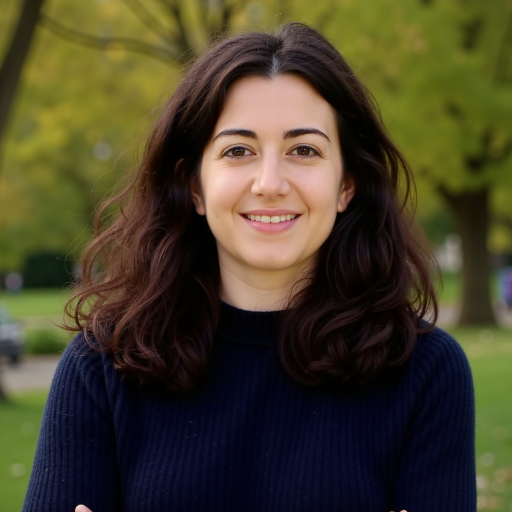iPS-Derived Microglia-Based Gene Therapy for Alzheimer's

Principal Investigator
Biju Chandu, PhD
The University of Texas Health Science Center at San Antonio
San Antonio, TX, USA
About the Research Project
Program
Award Type
Postdoctoral Fellowship
Award Amount
$100,000
Active Dates
July 01, 2011 - June 30, 2014
Grant ID
A2011615
Mentor(s)
Robert Clark, PhD, The University of Texas Health Science Center at San Antonio
Senlin Li, MD, University of Texas Health Science Center
Goals
Extracting bone marrow cells requires surgery, which may be strenuous or impossible for older patients. To meet large-scale demand for bone marrow cells in clinical trials for the treatment of Alzheimer’s disease, we will generate bone marrow cells from blood, which we in turn will genetically modify to secrete drugs once these cells migrate to the brain. This new approach is expected to contribute to the development of an important therapy for Alzheimer’s.
Summary
Therapies using your own (self‐derived) bone marrow cells have promise for treating many different diseases, including Alzheimer’s disease. This type of self‐recognizing stem cell therapy has an increased chance of success, because one can avoid the pesky problem of the immune system labeling the cells as foreign invaders and killing them before they have a chance to work. Dr. Biju Chandu and collaborators will be testing a new bone marrow cell treatment for Alzheimer’s disease. First, they will isolate white blood cells that roam freely in the easily-accessible blood vessels. These cells will in turn be genetically modified to become bone marrow cells and re-purposed to release anti-Alzheimer’s disease drugs. The modified cells are injected back in the blood stream, where they migrate to the parts of the brain that require treatment. After this new treatment is tested in cell culture and animals in this project, the researchers may then decide to move this technique into human clinical trials.
Progress Updates
Bone marrow-based gene therapy is emerging as a promising tool for overcoming drug delivery problems associated with neurodegenerative diseases, as bone marrow cells are able to cross the blood-brain barrier. Once they enter the brain, bone marrow cells are recruited to sites of neurodegeneration wherever they occur in the central nervous system. At the site, bone marrow cells change into microglia, a kind of brain cell. Dr. Chandu’s team plans to artificially modify the bone marrow cells to contain the gene for neuroprotective drugs, so they begin to secrete the drug at these sites of neurodegeneration after they’ve changed into microglia.
Extracting bone marrow cells requires surgery, which may be strenuous or impossible for older patients. To meet large scale demand of bone marrow cells in the clinic for the treatment of Alzheimer’s disease, the team will generate bone marrow cells from blood, which will in turn be genetically modified to secrete drugs once these cells migrate to the brain.
To make bone marrow cells from blood, Dr. Chandu’s team first collected blood and then isolated white blood cells. These white blood cells were cultured in dishes using specialized incubators for tissue culture. The cells were then “forced” to express certain stem cell-associated genes by a gene therapy technique. After 3-4 weeks, small numbers of the genetically-altered cells became similar to embryonic stem cell-like cells called induced pluripotent stem cells (iPSC). These iPSC will later be converted to bone marrow cells under specific cell culture conditions. The team was able to convert the blood cells to embryonic stem cell-like cells, but they didn’t survive, perhaps because the blood cells were not completely converted. Currently, Dr. Chandu’s team is fine-tuning the culture conditions for conversion to iPSC. Once successful, the team will continue their plan to deliver the drug-expressing cells into mice with Alzheimer’s disease.
Related Grants
Alzheimer's Disease Research
Personalized Proteomics to Understand and Predict Alzheimer’s Progression
Active Dates
July 01, 2025 - June 30, 2027

Principal Investigator
Federica Anastasi, PhD
Current Organization
Barcelonaβeta Brain Research Center
Alzheimer's Disease Research
Neuroimaging and Neuropathology of Alzheimer’s Disease in Down Syndrome
Active Dates
July 01, 2025 - June 30, 2027

Principal Investigator
Jr-Jiun Liou, PhD
Current Organization
University of Pittsburgh
Alzheimer's Disease Research
Neurostimulation to Improve Depression and Memory in Dementia
Active Dates
July 01, 2024 - June 30, 2027

Principal Investigator
Davide Cappon, PhD
Current Organization
Hebrew Rehabilitation Center



